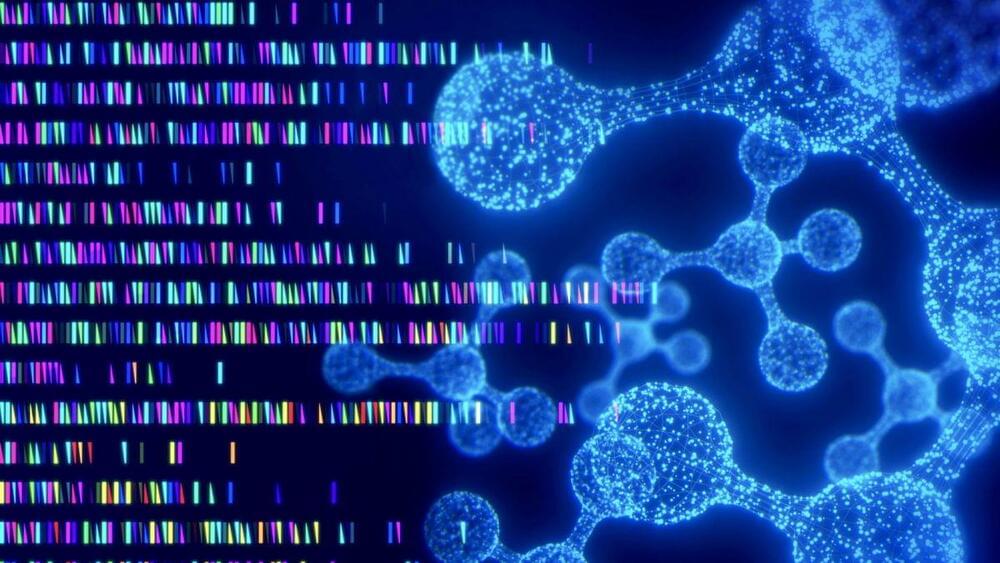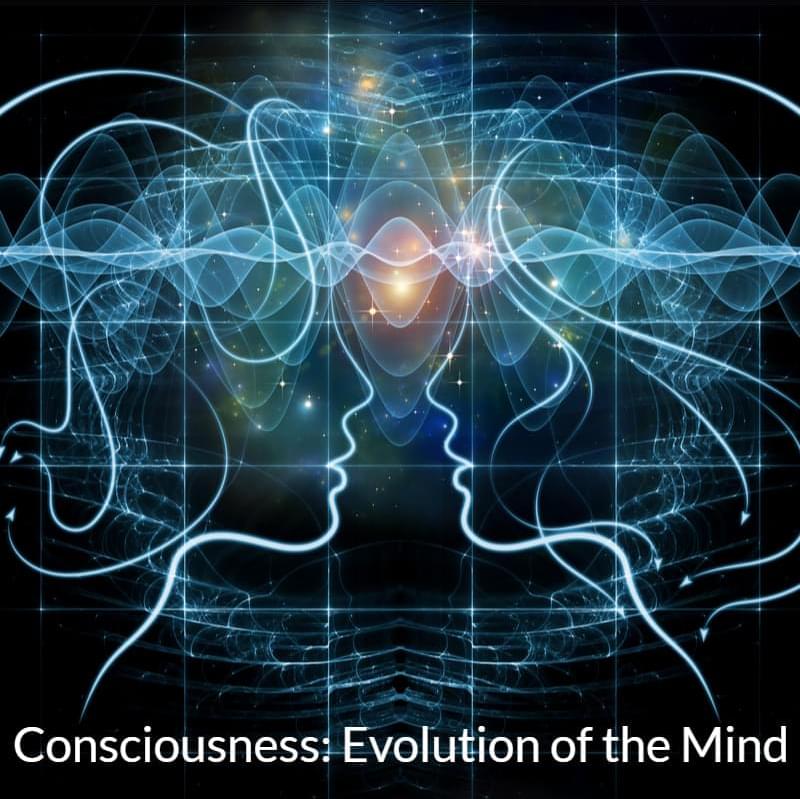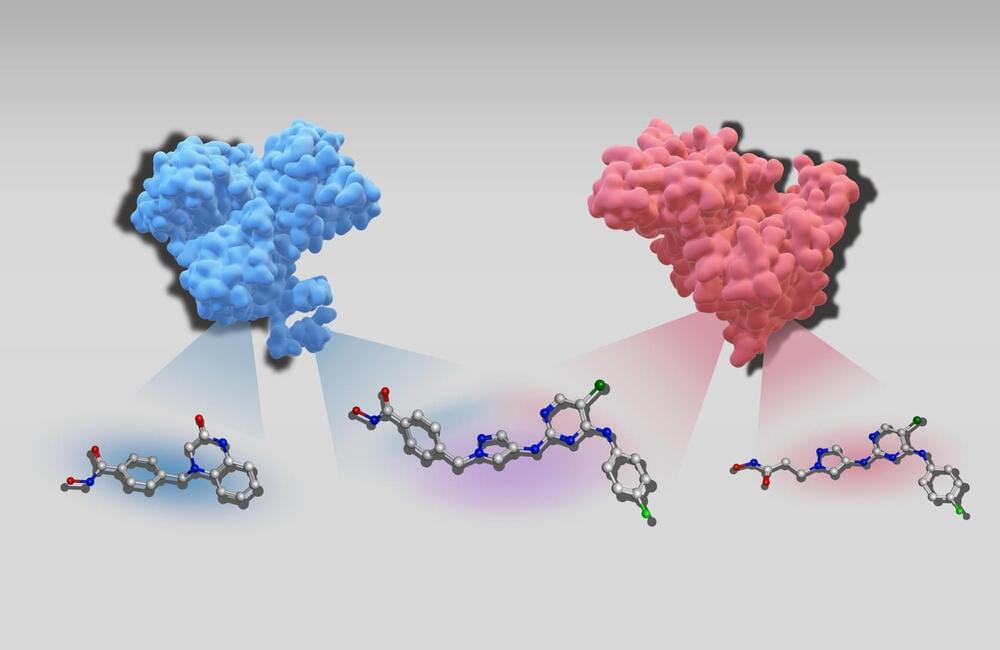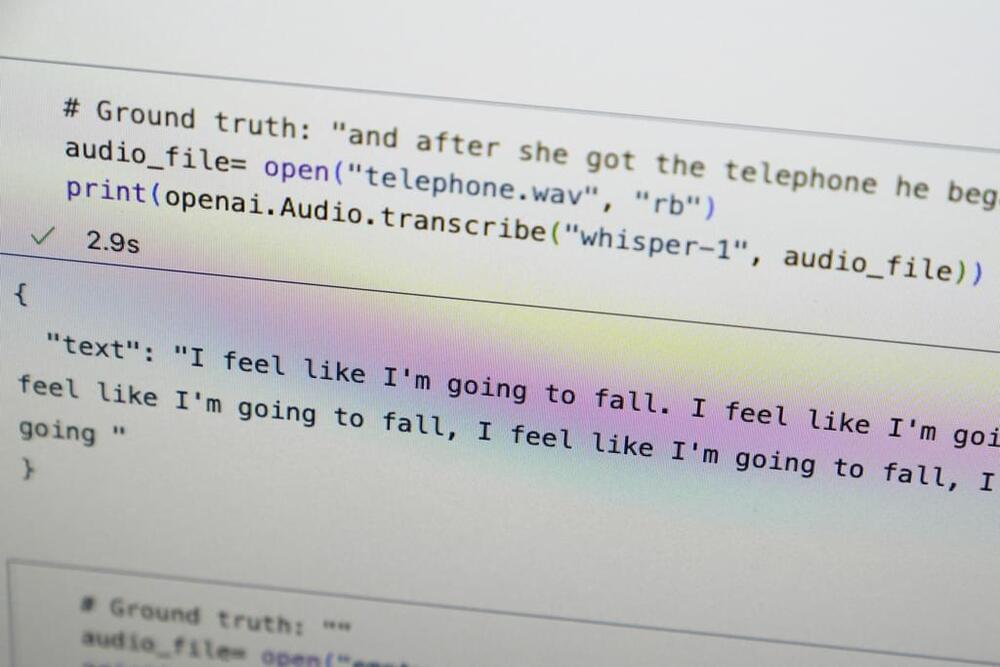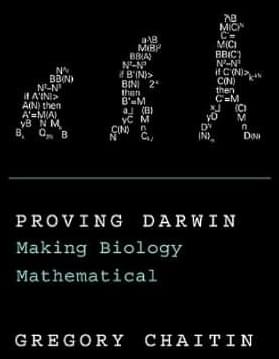
The parallels between human memory and vector databases go deeper than simple retrieval. Both excel at compression, reducing complex information into manageable patterns. Both organize information hierarchically, from specific instances to general concepts. And both excel at finding similarities and patterns that might not be obvious at first glance.
This isn’t just about professional efficiency — it’s about preparing for a fundamental shift in how we interact with information and technology. Just as literacy transformed human society, these evolved communication skills will be essential for full participation in the AI-augmented economy. But unlike previous technological revolutions that sometimes replaced human capabilities, this one is about enhancement. Vector databases and AI systems, no matter how advanced, lack the uniquely human qualities of creativity, intuition, and emotional intelligence.
The future belongs to those who understand how to think and communicate in vectors — not to replace human thinking, but to enhance it. Just as vector databases combine precise mathematical representation with intuitive pattern matching, successful professionals will blend human creativity with AI’s analytical power. This isn’t about competing with AI or simply learning new tools — it’s about evolving our fundamental communication skills to work in harmony with these new cognitive technologies.
